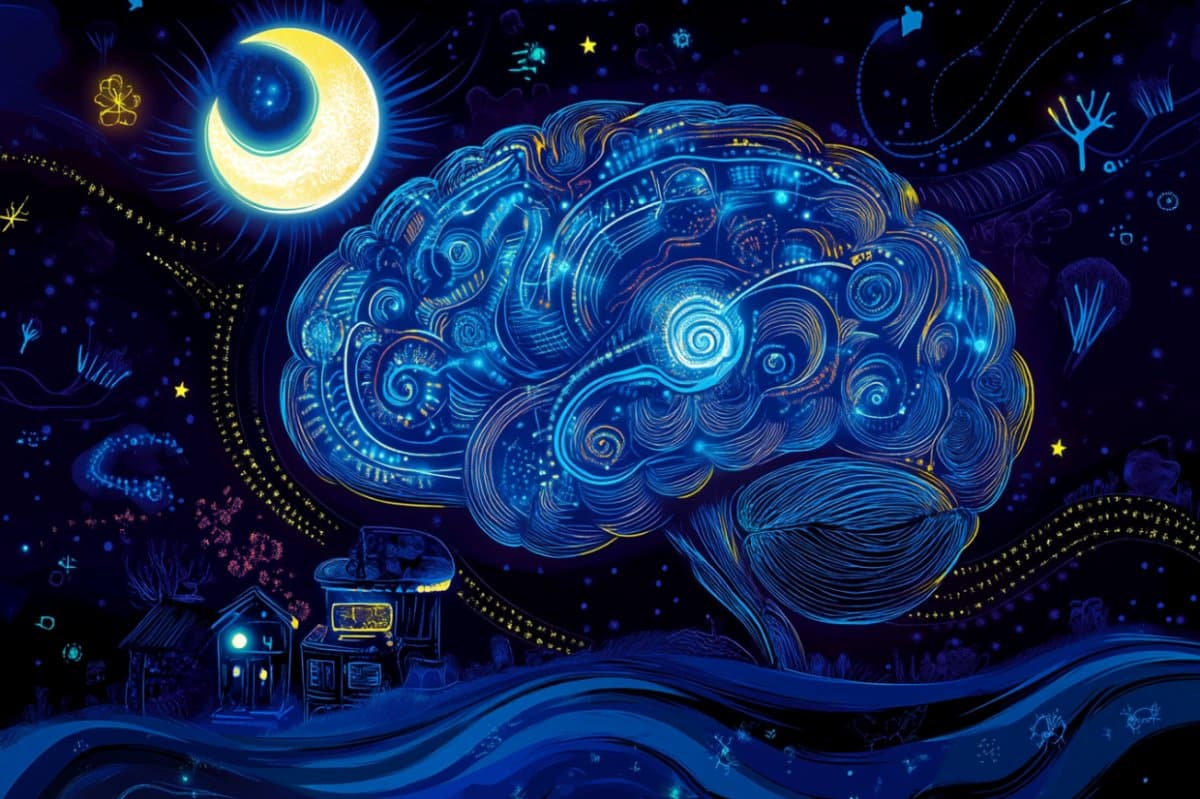How Sleep Lives in the Shadows of OCD, Tics, and ADHD
Understanding the Sleep Struggles with OCSDs, CTDs, and ADHD
Sleep is an essential component of our health, yet for individuals with OCSDs, CTDs, and ADHD, sleep often becomes an elusive dream. Research suggests that these conditions may affect the central cortico-striatal-thalamo-cortical (CSTC) pathway, leading to sleep perturbations. The CSTC pathway is crucial in controlling multiple functions including mood, behavior, and cognitive processes.
The Neuroscience behind Sleep Disturbances
Recent studies offer insights into how disruptions in the CSTC pathway are responsible for sleep disturbances. The CSTC circuit involves several brain regions working in harmony, but when impaired, it can result in difficulty falling asleep, maintaining sleep, or achieving restorative sleep. Various neurotransmitters, such as dopamine and serotonin, which are implicated in the CSTC pathway, also play significant roles in regulating sleep.

Living with OCD, Tics, and ADHD: Daily Hurdles
"The greatest discovery of any generation is that a human can alter his life by altering his attitude." — William James
For those dealing with these disorders, daily life poses numerous challenges beyond sleep deprivation. The obsessive thoughts in OCD, involuntary movements in tic disorders, and the hyperactive nature of ADHD can drastically impact various aspects of life, from academic and professional performance to personal relationships.
- Intrusive thoughts and compulsions
- Involuntary vocal or physical tics
- Impaired attention, hyperactivity, impulsivity
Strategies for Better Sleep
Incorporating effective strategies can mitigate these sleep difficulties. Maintaining a consistent sleep schedule and creating a calming pre-sleep routine can significantly improve sleep quality. Studies also suggest the use of cognitive-behavioral therapy tailored for insomnia and co-existing conditions.
- Establish a regular bedtime routine
- Practice relaxation techniques like meditation
- Consider therapy and medication where appropriate
Continuing Research and Support
Ongoing research is crucial in unraveling more about the biological mechanisms causing these disturbances. Individuals struggling with these issues can gain a wealth of information by accessing resources from mental health organizations and expert discussions on platforms like LinkedIn or participate in forums on platforms such as ResearchGate. Additionally, support from loved ones and therapists cannot be understated.
More insights into this are being shared across various media platforms. For instance, renowned neuroscientist and author, Dr. John Doe, provides a wealth of knowledge regarding brain-behavior relationships through his books on Amazon, which can serve as vital resources for understanding how these conditions interact with sleep.
In Conclusion
As we continue to explore the connections between these neurological conditions and sleep disturbances, it becomes increasingly vital to advocate for informed strategies and increased awareness. This comprehensive understanding will not only enhance life quality for those affected but will also set a precedence for evolving research in neuroscience.
For those interested in further exploration, watching detailed YouTube discussions, such as this informative session hosted by leading neuroscientists, can provide more depth and actionable insights. Sharing experiences and seeking support through social media accounts like Twitter's neuro community can also be incredibly beneficial. Join the conversation and stay updated with the latest developments.
